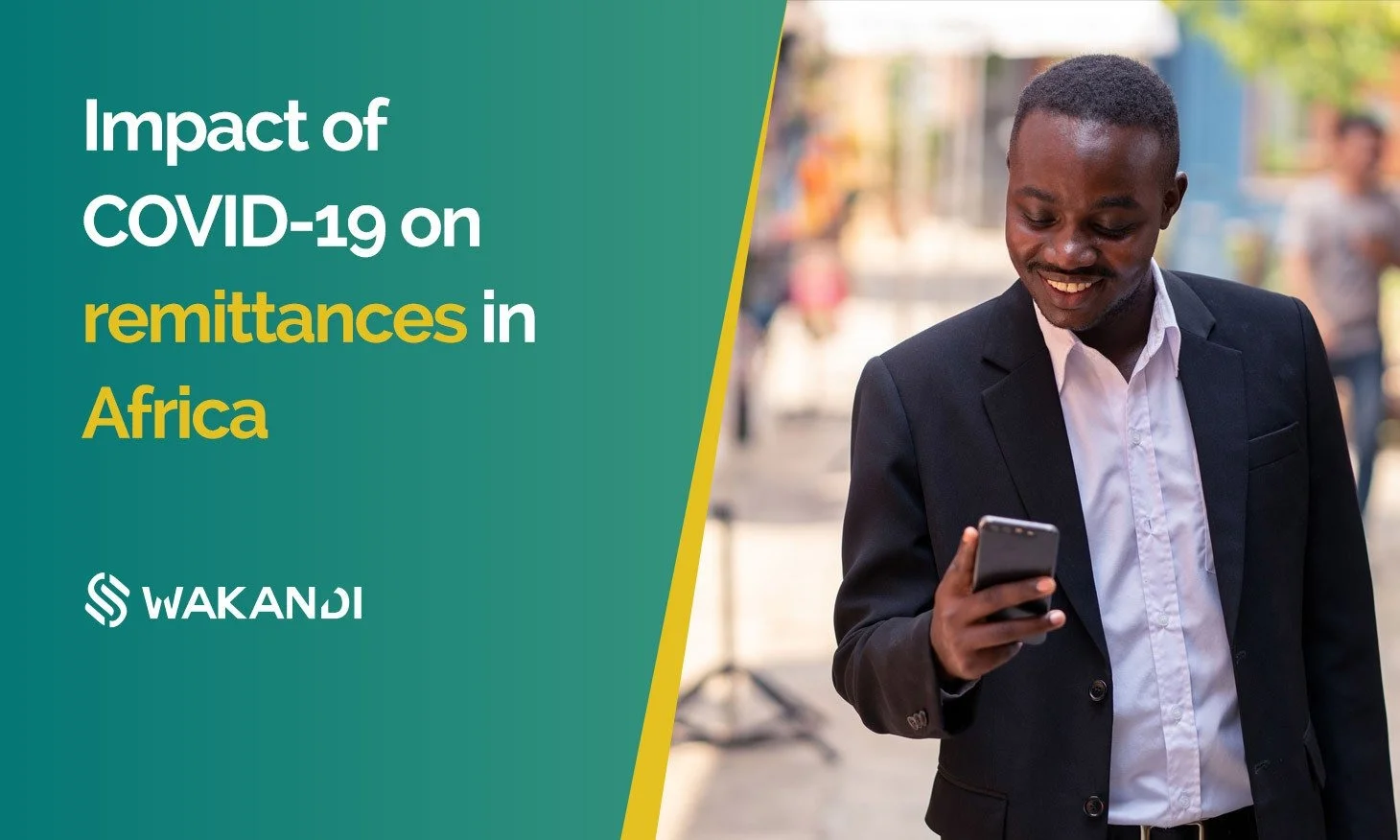Impact of COVID-19 on remittances in Africa

The spread of COVID-19 and measures to cope with the crisis are reshaping the African economy. The pandemic restrictions are affecting businesses and households drastically. The biggest impact can be seen on the mobility of money across boundaries.
“Remittances are a vital source of income for developing countries. The ongoing economic recession caused by COVID-19 is taking a severe toll on the ability to send money home and makes it all the more vital that we shorten the time to recovery for advanced economies,” said David Malpass, President of World Bank Group.
Africa has a high dependence on remittance. The population of countries like Gambia, Sudan, and South Africa are the ones who are the most dependent on remittance. As the COVID-19 pandemic and financial crisis continue to spread, changes in the remittances world are bound to happen.
The World Bank forecast
The World Bank has forecast a significant decline in international remittances. The amount of money migrant workers send back home is estimated to fall 14% by 2021, compared to the pre-COVID era. It can impact the major source of income for many African countries. A decline of this scale would be unprecedented and could reduce the capacity of many African countries to address the challenges from the pandemic.
The forecast highlighted some crucial points related to people living in African countries:
- The impact of the pandemic will be higher on countries that are more dependent on remittances.
- The pandemic will affect people who do not have other sources of income.
- Mobility restrictions will limit the capacity of people sending and receiving remittances in person.
Remittance firms are thriving
Africa-focused money transfer companies are seeing a rise amid this pandemic despite predictions from the World Bank. The COVID-19 crisis gave remittance companies an upper hand over the informal network of traders, bus drivers and travellers in Africa.
Most Africans use informal channels to send money back home. This includes people travelling to their home countries, bus drivers, traders, and other informal mechanisms. Much of this money sent through informal channels is not on the books.
As the informal network came to a halt due to COVID-19 restrictions, the formal remittance services have seen a boom. Digital channels for sending or receiving money are suddenly in the game.
Patrick Roussel, Mobile Financial Services Division, Orange, said to Reuters, “We saw an increase of transfers as the diaspora wanted to help their family.” Orange is a prominent telecom company in Africa and the Middle East.
According to an official press release, Orange has also opened two new money remittance corridors from France to Burkina Faso and Morocco in Africa.
Another company, Mukuru, which focuses on African remittances, has seen approximately 75% growth in numbers compared to last year.
Remitly, a prominent remittance and financial services provider for immigrants, saw a 200% growth in mobile wallets usage since January last year. The company has partnerships with many trusted players, including M-Pesa, MTN Mobile Money, Airtel Mobile Money and more.
Remittances to people in Kenya have also remained positive amid this pandemic.
Silver Lining
The impact of COVID-19 on remittances in Africa is quite substantial. Even though the World Bank predicted a slump in remittances, the market seems to be positive. Finance companies are witnessing positive growth in terms of users and transactions. This may also lead to positive changes in how the people in Africa finance.
Digital adoption
We expect people to start using digital channels to send or receive money as the pandemic restricts mobility. Moreover, the promotion of digital technology in the remittances market can lead to lowered remittances fees for the people.
Financial inclusion
As more people choose formal channels over informal ones for remittances, financial inclusion will increase. People will need to connect with a bank or a mobile money service to send or receive money. It could be an excellent opportunity to bring the excluded under the formal financial system.

Comments